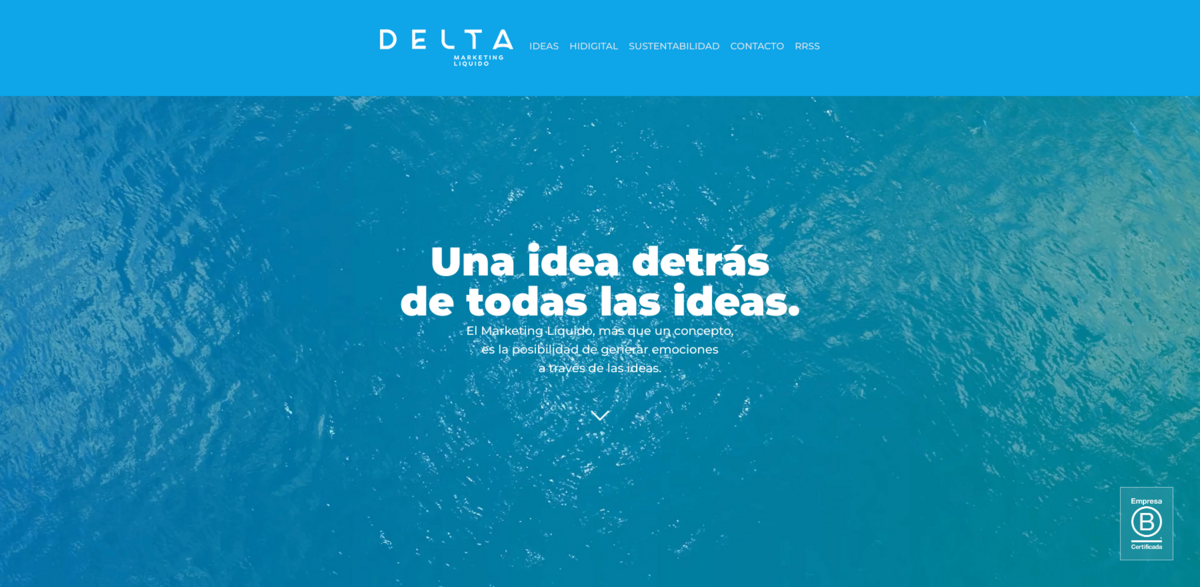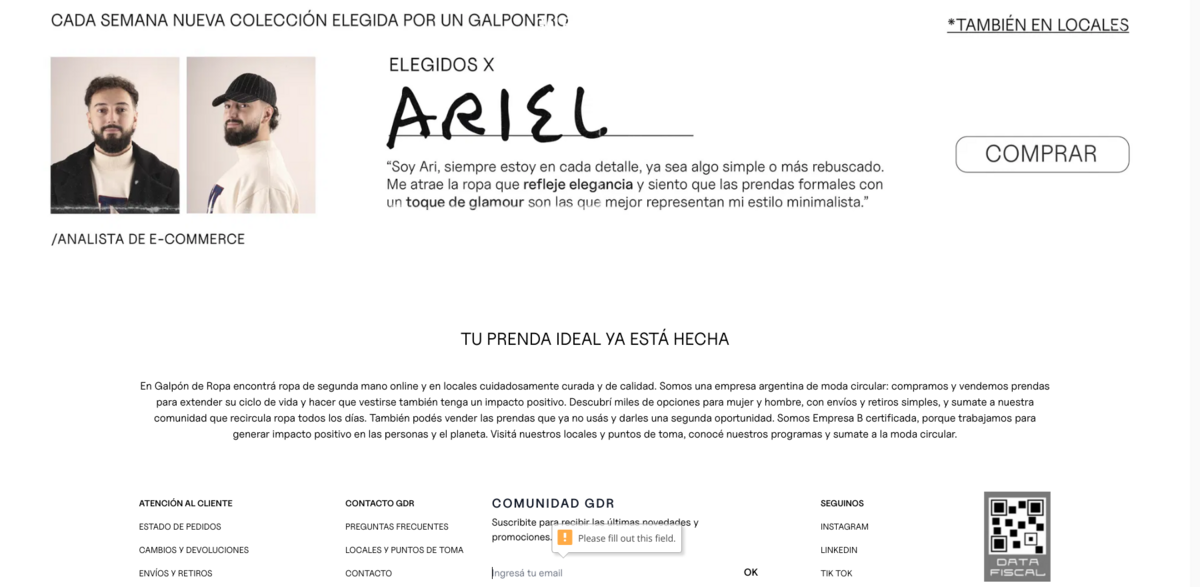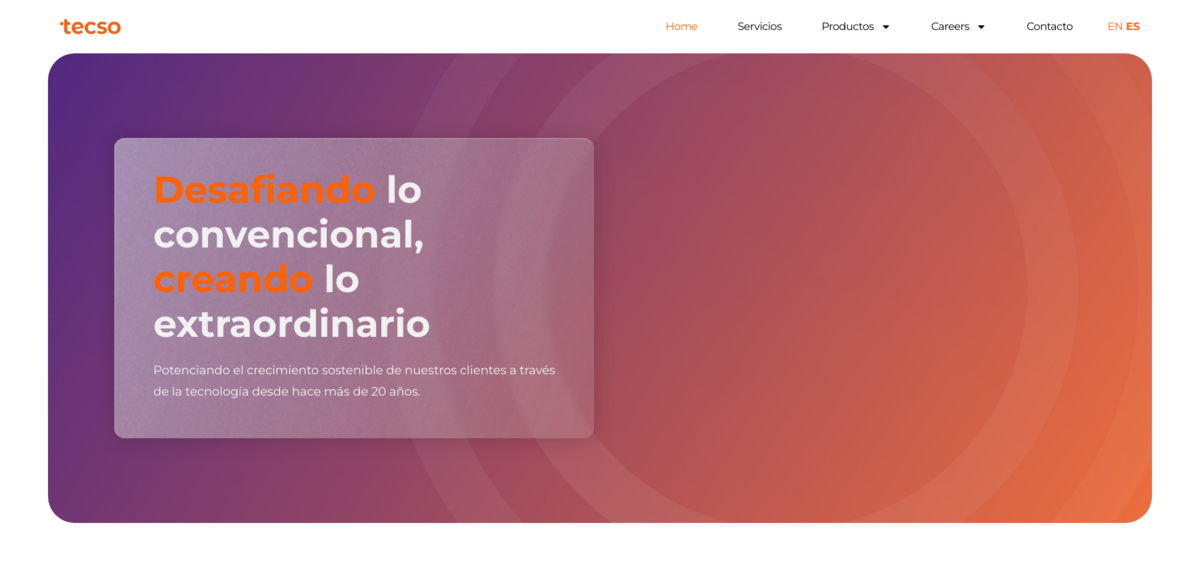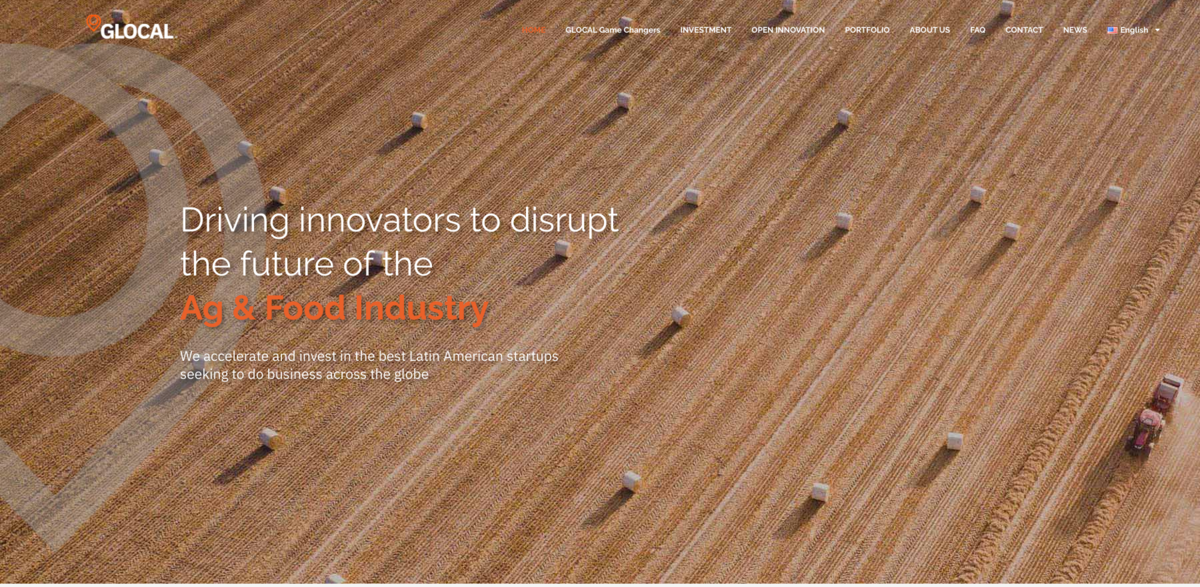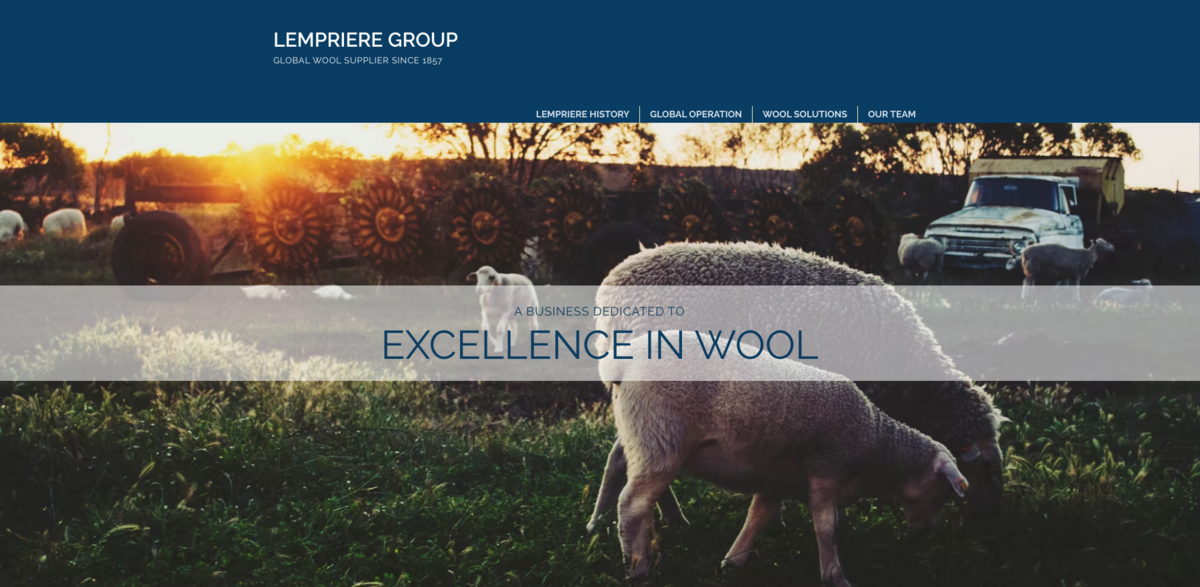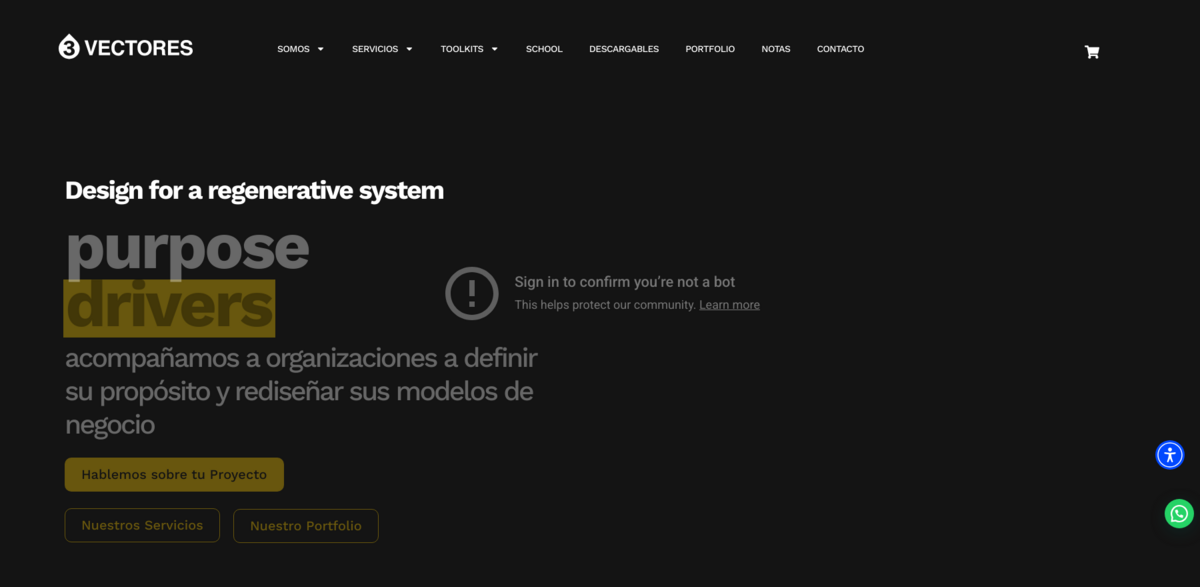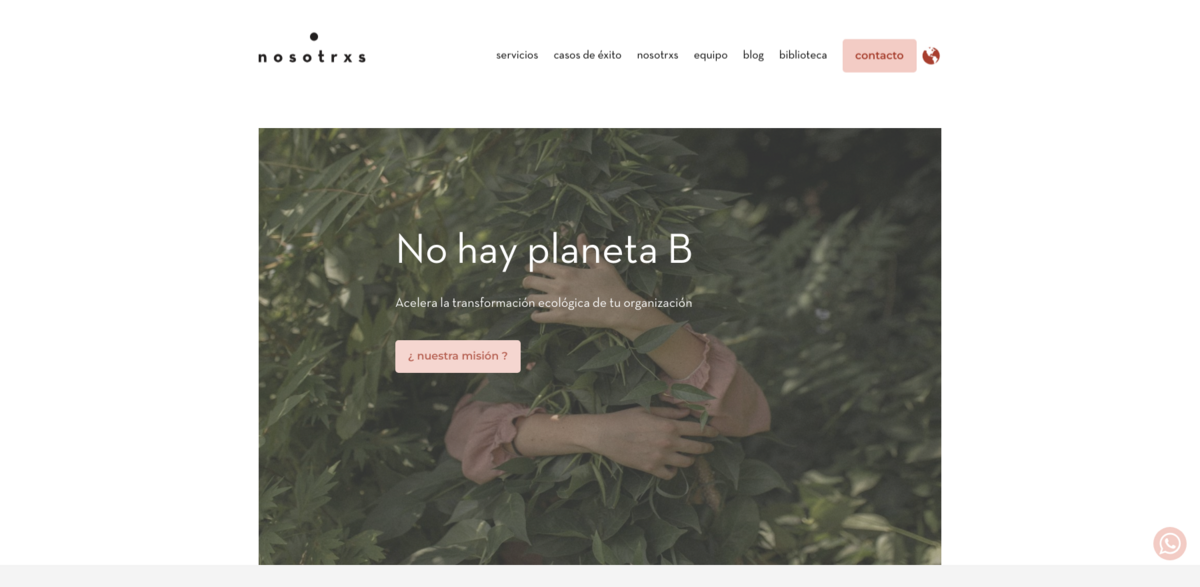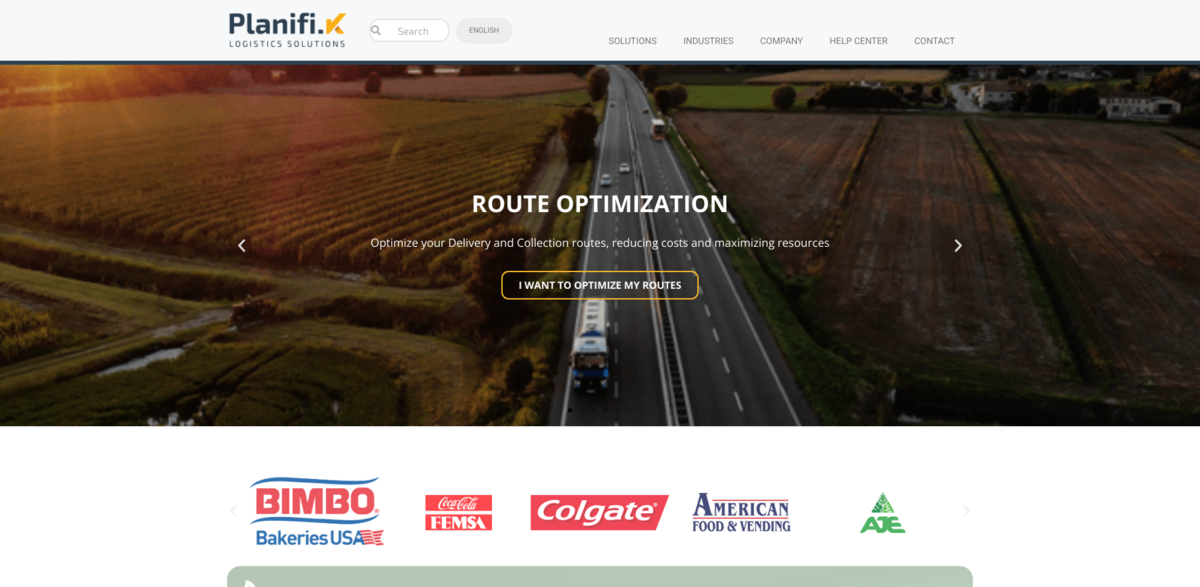SDG 10: Reduced Inequalities
Sustainable Development Goal 10 (SDG 10), part of the United Nations’ Agenda 2030, focuses on reducing inequalities within and among countries. It aims to ensure equal opportunities and fair treatment for all, regardless of income, gender, ethnicity, disability, or background.
Inequality leads to social instability, economic hardship, and reduced access to essential services. Advancing SDG 10 ensures:
✅ Equal access to education, healthcare, and economic opportunities
✅ Fair wages and reduced income disparities
✅ Social inclusion for marginalized communities
✅ Policies that promote equity and justice
How Can We Achieve SDG 10?
Governments, businesses, and individuals must collaborate to:
🤝 Support policies that promote social and economic equality
🤝 Ensure equal pay and non-discriminatory labor practices
🤝 Expand access to financial services for underserved populations
🤝 Reduce barriers faced by minorities and marginalized communities

Innovative Solutions for SDG 10: Companies & Initiatives Fighting Inequality
Achieving SDG 10: Reduced Inequalities requires inclusive policies, equitable business practices, and stronger social protections. Around the world, organizations, governments, and social enterprises are working to bridge economic, gender, and social gaps.
From fair-wage initiatives and digital financial inclusion programs to education access and human rights advocacy, these efforts are reducing disparities and promoting justice.
Below, we highlight the most impactful companies and initiatives supporting SDG 10 and ensuring a more equal and inclusive world.
👉 Explore the list and be part of the change! 🤝🌍
10 projects in Argentina contributing to SDG 10
-
Galpón de Ropa: A Sustainable Circular Fashion Company in Argentina
Galpón de Ropa is an Argentine circular fashion company focused on giving clothes a second life. By buying and selling garments, they promote sustainability and reduce waste. Their commitment to transparency and diversity ensures that everyone can find stylish options that align with their values. Join the movement towards a more sustainable future with Galpón…
-
Tecso: Empowering Sustainable Growth Through Technology Solutions
Tecso is a technology partner that empowers sustainable growth through consulting and software development. With over 20 years of experience, they specialize in sectors like banking, fintech, and agtech, driving digital transformation and innovation. Their commitment to sustainability and collaboration ensures that every project contributes to social and economic development.
-
GLOCAL: Transforming Latin America’s AgriFoodTech Landscape
GLOCAL is an innovation platform in Latin America focused on AgriFoodTech, ClimateTech, and Foodtech startups. With a commitment to sustainability, they provide investment, mentorship, and strategic partnerships to help entrepreneurs tackle global challenges in the agriculture and food supply chain. Their Game Changers program accelerates growth and fosters impactful solutions, making GLOCAL a key player…
-
Lempriere Wool Trading: A Trusted Global Supplier of Quality Wool
Lempriere Wool Trading has been a trusted global supplier of quality wool for over 150 years, serving textile mills and fashion houses worldwide. With a commitment to sustainability and innovation, they source wool from diverse origins and operate a topmaking plant in Bulgaria, catering to the European market.
-
Freepackers: Connecting Travelers with Humanitarian Impact
Freepackers connects travelers with communities to create meaningful humanitarian experiences. With programs in over 35 countries, it promotes sustainable travel and collective action for the planet. Participants engage in projects that uplift local populations, protect wildlife, and foster environmental awareness. Whether through internships, gap years, or volunteer opportunities, Freepackers empowers individuals to make a positive…
-
EcoWorks: Engaging Environmental Education Workshops for Sustainable Change
EcoWorks offers dynamic environmental education workshops that empower organizations and individuals to understand their ecological impact. Through hands-on learning and community engagement, participants explore sustainability practices and work towards reducing their carbon footprint. With a focus on B-Corp certification, EcoWorks helps businesses align with responsible practices while fostering a culture of innovation and accountability.
-
Planifi-k: Optimizing Logistics for Enhanced Efficiency and Productivity
Planifi-k specializes in logistical solutions that enhance efficiency and productivity for businesses across various industries. By leveraging advanced technology and strategic planning, they optimize sales, collection, and distribution routes, ensuring seamless execution and continuous control. Their commitment to sustainability further positions them as a leader in responsible logistics management.
Find SDG 10 Projects in your country! Where are you located?
Agriculture & Food Argentina Arts & Culture Australia Austria Belgium Brazil Canada Communities Conservation & Biodiversity Construction & Infrastructure Education Energy Fashion Finance France Governance & Policy Health & Well-being housing Mobility & Transport Netherlands Packaging SDG 1 SDG 2 SDG 3 SDG 4 SDG 5 SDG 7 SDG 8 SDG 9 SDG 10 SDG 11 Services & Consultancy Solar energy Spain Switzerland Technology Tourism United Kingdom United States Waste & Recycling water Water management Wind energy zero waste
FAQ on SDG 10: Reduced Inequalities (Agenda 2030)
1. What is SDG 10?
SDG 10: Reduced Inequalities is the tenth goal of the United Nations’ Sustainable Development Goals (SDGs) under Agenda 2030. It focuses on addressing income disparities, eliminating discrimination, and ensuring equal opportunities for all.
2. Why is SDG 10 important?
Inequality leads to poverty, social unrest, and limited access to opportunities. Reducing inequalities fosters stronger economies, fairer societies, and better human rights protections.
3. What are the key targets of SDG 10?
Some major targets include:
- 10.1: Reduce income inequality within countries.
- 10.2: Promote social, economic, and political inclusion for all.
- 10.3: Ensure equal opportunities and end discriminatory laws and policies.
- 10.4: Implement policies for wage equality and social protections.
- 10.5: Improve financial regulations to reduce economic instability.
- 10.7: Ensure safe and responsible migration policies.
4. How does SDG 10 relate to Agenda 2030?
SDG 10 is closely linked to poverty reduction (SDG 1), gender equality (SDG 5), and decent work (SDG 8). Reducing inequalities creates a more sustainable, fair, and peaceful world.
5. What are the biggest challenges to achieving SDG 10?
Some key challenges include:
- Wealth concentration and income disparities.
- Discrimination based on gender, race, disability, and economic status.
- Limited access to education, healthcare, and financial services.
- Weak enforcement of laws protecting marginalized communities.
6. How can governments help achieve SDG 10?
Governments can:
- Implement fair tax policies and social safety nets.
- Ensure equal access to education and healthcare.
- Enforce anti-discrimination laws and labor protections.
- Support marginalized groups through financial inclusion policies.
7. What role do businesses play in SDG 10?
Businesses can:
- Ensure fair wages and diverse hiring practices.
- Eliminate workplace discrimination and harassment.
- Support minority-owned businesses and local economies.
- Develop inclusive financial services for underprivileged communities.
8. How can individuals contribute to SDG 10?
Individuals can:
- Support businesses that promote social and economic equality.
- Advocate for policies that reduce discrimination and injustice.
- Donate to and volunteer with organizations fighting inequality.
- Speak out against discrimination and exclusion in their communities.
9. How is progress on SDG 10 measured?
The UN tracks SDG 10 using indicators such as:
- Income growth of the poorest 40% of the population.
- Wage equality and access to financial services.
- Social mobility and representation of marginalized groups.
- Impact of policies on economic and social inclusion.
10. Will the world achieve SDG 10 by 2030?
Despite progress, economic gaps, systemic discrimination, and unequal access to resources remain major obstacles. Achieving SDG 10 requires global cooperation, stronger policies, and collective action to dismantle inequality.
Discover other Sustainable Development Goals (SDG) Initiatives :
- SDG 1: No Poverty – End poverty in all its forms everywhere.
- SDG 2: Zero Hunger – End hunger, achieve food security, improve nutrition, and promote sustainable agriculture.
- SDG 3: Good Health and Well-being – Ensure healthy lives and promote well-being for all at all ages.
- SDG 4: Quality Education – Ensure inclusive and equitable quality education and promote lifelong learning opportunities for all.
- SDG 5: Gender Equality – Achieve gender equality and empower all women and girls.
- SDG 6: Clean Water and Sanitation – Ensure availability and sustainable management of water and sanitation for all.
- SDG 7: Affordable and Clean Energy – Ensure access to affordable, reliable, sustainable, and modern energy for all.
- SDG 8: Decent Work and Economic Growth – Promote sustained, inclusive, and sustainable economic growth, full and productive employment, and decent work for all.
- SDG 9: Industry, Innovation, and Infrastructure – Build resilient infrastructure, promote inclusive and sustainable industrialization, and foster innovation.
- SDG 10: Reduced Inequalities – Reduce inequality within and among countries.
- SDG 11: Sustainable Cities and Communities – Make cities and human settlements inclusive, safe, resilient, and sustainable.
- SDG 12: Responsible Consumption and Production – Ensure sustainable consumption and production patterns.
- SDG 13: Climate Action – Take urgent action to combat climate change and its impacts.
- SDG 14: Life Below Water – Conserve and sustainably use the oceans, seas, and marine resources.
- SDG 15: Life on Land – Protect, restore, and promote sustainable use of terrestrial ecosystems, forests, and biodiversity.
- SDG 16: Peace, Justice, and Strong Institutions – Promote peaceful and inclusive societies, provide access to justice, and build effective institutions.
- SDG 17: Partnerships for the Goals – Strengthen the means of implementation and revitalize the global partnership for sustainable development.


